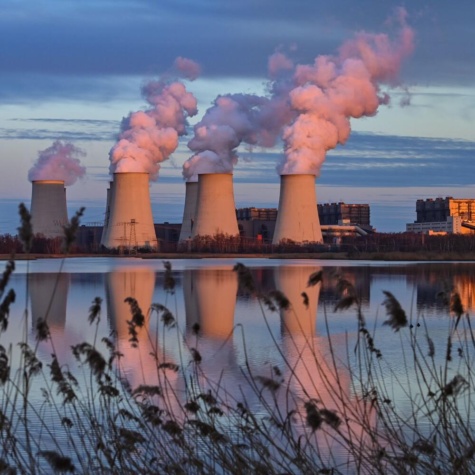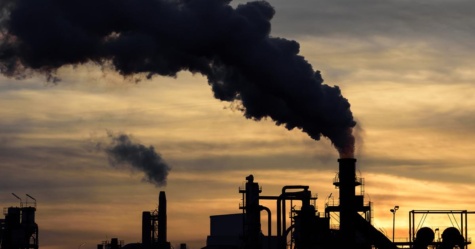
Eden Havel | News Editor
January 14, 2022
Despite the efforts of Americans in recent decades to reduce greenhouse gas emissions and hold back on daily causes of climate change, the United States Supreme Court is voting on a case that has the potential to worsen the matter altogether. During Obama’s presidency, he issued a rule to try and reduce the number of power plants in existence, but it was never fully implemented. This was called the Clean Power Plan, with the goal of reducing carbon emissions. However, this proposal was outvoted by Republican-led states.
When Donald Trump became president, the Trump administration ditched the Clean Power Plan and replaced it with the Affordable Clean Energy Rule which actually did the opposite of what Obama and the rest of America were trying to do by implementing more coal plants and installing more efficient tools to keep the gears in existing ones cranking. This was admired as it was a cheaper and simpler strategy, however, researchers have concluded that this move has actually increased the emissions of greenhouse gases in the last five years, and now, the Supreme Court is voting again—five years later—to get rid of them.
Since one of Biden’s objectives as president is to reduce greenhouse gas emissions and improve the state, he decided that rather than revive Obama’s old plan, he will create a new one. Many people expected that the pitches for the new power plants would be rejected by the Supreme Court, politicians even considering them to be “long shots.” But in October of 2021, the Supreme Court announced that they would hear them all.
The Court is expected in February of 2022 to speak on the role of gas, oil, and carbon emissions, considering many things, including the scope of the Environmental Protection Agency’s authority to regulate the amount of carbon dioxide being emitted from power plants. Meanwhile, lower courts will vote on the decision of the Interior Department to suspend new oil and gas leasing on federal lands. However, many of these cases will be heard by Republican politicians who are more interested in blocking Biden’s ambitious goal of demolishing emissions by 50% by 2030.
“I think it’s a really good goal that Biden has,” sophomore Shaylee Hogan said, “but it will be difficult to convince the Supreme Court to vote for his plan just because he is Biden and they don’t like him.”

Not only do these trials mark the future of our environment’s well-being, but they will address how politicians regulate intense changes of transitioning from one administration to the next. The impact of these trials will be remembered for many years. Experts predict that Biden’s proposal will be met 6-3 with a conservative majority, as there is question to the stability of his administration and great tension in the advocacy community. It all depends on the administration’s ability to sway the opposing party.
“Fossil fuel burning produces harmful greenhouse gasses,” junior Noah Kuhn said. “I think it is well overdue for nuclear energy to have more research and time dedicated to it.”
The goal of these trials is to make long-term investments necessary to address climate change. However, this is not going to be the only fundamental move towards climate activism made in 2022, as many indigenous groups, environmental activists, and property owners are expected to gain momentum in their opposition to fossil fuels this year.
Key cases you can expect to hear the biggest impact from include: the EPA’s climate authority, the social costs of carbon, and the leasing pause. The trials take place February 28, 2022, either leaving power plants with no choice but to capture and store carbon onsite or completely increase the number of fossil fuels being emitted to the atmosphere altogether.

Leave a Reply